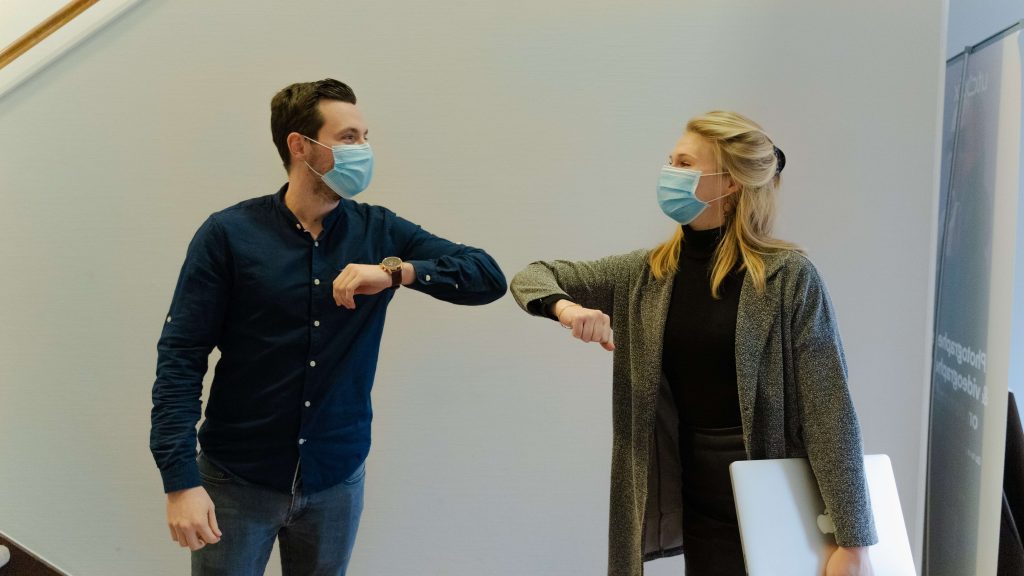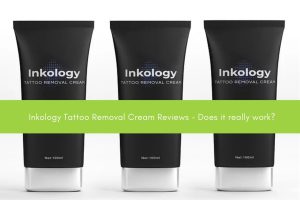
Even in the second-smallest U.S. state, Delaware, there are expected to be over 29,000* tattooed people. Considering opening a tattoo removal clinic in Delaware? Read this article for information on laser tattoo removal Delaware laws, tattoo removal market potential, and the basic requirements of a tattoo removal business start up (laser machine, location, insurance coverage, etc.).
Tattoo Removal Business Start Up
When starting a tattoo removal business, there are several crucial things to consider, plan, and implement. For a step-by-step guide to starting a tattoo removal business, click here. This article covers important aspects of building your business including:
- tattoo removal equipment choices
- types of laser tattoo removal machines
- tattoo removal business space
- marketing and business plan
- training and hiring
- business profitability, and
- licenses, state regulations, and insurance
For a detailed analysis of which insurance covers the business will need, click here.
It ultimately comes down to this: laser tattoo removal. Laser removal has emerged as the go-to treatment. It is effective and comparatively safe, being a non-invasive skin treatment. A laser tattoo removal clinic can be a highly profitable business.
Delaware Tattoo Removal Market
Not everyone loves their tattoo forever. According to Harris Poll (2015), almost a quarter of people with tattoos suffer from tattoo regret. In fact, the tattoo removal market is currently witnessing a huge expansion. It is set to grow into a $795 million market by 2027 at a growth rate of 19.3% (Allied Market Research). Over 29,000 people in Delaware have at least one tattoo. Many of these tattooed individuals will face tattoo regret too. And when they do start looking for removal options, your tattoo removal clinic in Delaware can emerge as their savior.
Delaware Laser Laws (Tattoo Removal)
In Delaware, the Board of Medical Licensure and Discipline regulates the field of medicine and a few other health professions. According to Title 16 of the Delaware Administrative Code, Health and Safety, a procedure performed using lasers for “localized alteration or transposition of live human tissue” to treat diseases and conditions therapeutically or diagnostically, is surgery, and is considered a practice of medicine. Furthermore, the Delaware Administrative Code 4453 which lists the regulations governing Cosmetology and Barbering states that ‘the use of laser technology for hair removal is prohibited’ (10.6). No other direct reference to laser treatment has been made in the state laws.
Rules regarding delegation:

Division 1700 of Title 24, Regulated Professions and Occupations, deals with the rules and regulations governing the Board of Medical Licensure and Discipline. Part 11.0 of the article establishes the rules for delegation of responsibilities to non-physicians. Depending on the type of medical responsibility that is to be delegated, supervision by the physician may need to be direct or indirect. For procedures providing a medical diagnosis or constituting a treatment plan with prescription medicines, direct supervision is mandatory. The delegating physician needs to be physically present on the premises for consultation or evaluation. When the evaluation of a patient only leads to non-prescription medication or therapeutic or renewal of a previously prescribed medication or therapeutic, indirect supervision is sufficient. However, when a controlled substance is renewed, direct supervision is required. In such an arrangement, the physician can either be physically present or must be within easy electronic communication and distance so that they can appear within 30 minutes if the need arises. The non-physician may follow the protocols instituted by the physician as long as it does not involve prescription drugs or therapeutic.
Irrespective of the degree of supervision, the delegating physician is responsible for the non-physician’s medical activities. Any individual who is prohibited by law or professional regulation from performing a given function, must not be appointed as a delegatee. The supervision must also be adequate and not just on paper. The board considers re-evaluation by the responsible physician every 3 months in case of controlled substances, and every 6 months for other prescription medications or therapeutics, good medical practice. Any supervising physician who fails to uphold these regulations will be subject to disciplinary action.
With respect to exemptions, it states that,
“Any exemptions from the requirements specified above previously issued under former Regulation 20.1.6 will continue in effect and must be renewed by the Board every two years. No exemption will be renewed by the Board until it reaches the determination that the training and experience of the non-physician associate involved is adequate. Procedural safeguards must be in place to ensure the safe dispensing of drugs and other therapeutics. All exemptions must be judged by the Board not to endanger the public health of the citizens of Delaware.”
Delaware Business Support
There are several government departments and private organizations that offer support and resources for small businesses in different ways:
- The Delaware Division of Small Business offers state assistance and guidance to small businesses.
- Business First Steps is a government portal to help new businesses apply for licenses, permits, and certifications with ease. Existing businesses can also apply for expansion or renewal.
- The Delaware Prosperity Partnership is a nonprofit state economic development agency that was created in 2017 with the purpose of protecting and prospering the state’s economic growth and interests. The agency works with prospective entrepreneurs/business owners to review and analyze sites, cost-of-living stats, funding opportunities, and tax credits and incentives.
- The Delaware branch of SBA also has a lot to offer. The Delaware district office of the SBA is not only a storehouse of information but also provides networking opportunities through its various small business events. The Delaware Small Business Resource Guide (https://www.sba.gov/sites/default/files/files/resourceguide_3107.pdf) is a comprehensive guide to starting a business in Delaware – from funding options to state policies and permits.
- The Delaware Small Business Development Center Network (DSBDC) provides support and assistance to existing and new businesses through its various training programs and free consultation service.
- Score is a non-profit organization offering educational resources and advice and mentorship from business experts.
Note: This article does not offer legal advice or interpretation.
*Based on statistics from https://www.ipsos.com/en-us/news-polls/more-americans-have-tattoos-today




